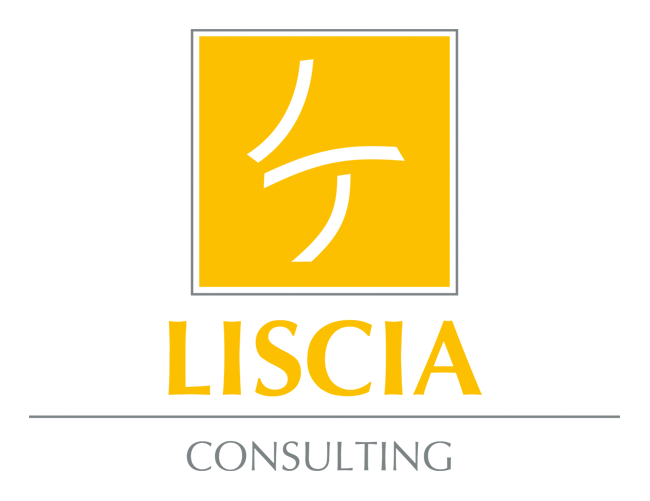Coaching provides you the opportunity to ponder things in a nonjudgmental duologue. You have a sparring partner to guide you through your inner reflections. The coach is bound by a pledge of secrecy, so whatever the conversation brings to light remains in the dark for the rest of the world. During the session, you have the coach’s undivided attention, enabling him or her to pose the proper questions the moment they need to be asked. The primary coaching goal is clarity in a given situation, empowering you to make a decision on which you can act. You examine your options and alternatives, which the coach then probes into to ensure honest, profound reflection. Drawing on the strengths and predetermined, accessible resources from the current situation, the desired new scenario or goal is attained. Here is a simple example to illustrate: A leader has been working 90 to 120 hours a week and seeks to considerably reduce his work hours. Attributes leading to the current situation are consistency, discipline, conscientiousness and focus. It’s not about eliminating the recipient of these attributes, but rather to redirect their focus and apply them to leisure time activities, to family and to relaxation.
Who is an ideal coaching recipient? Basically anyone! In a professional context, typical coaching catalysts can be administrative issues, conflicts, career choices, employee development or strategic issues. Despite the above-mentioned example on an executive level, coaching is useful for up-and-coming leaders or employees cloaking a non-leadership position. A given situation and the need to change it decide who is an ideal coaching candidate.
As a rule, coaching begins with an examination of the status quo. What are your dominant behavior patterns? What are your principles and values? Once you have described what you want to change, you and the coach define your objective and give it a solid shape. Now you discuss any doubts you or those in your immediate surroundings may have. Any transition you undergo has an impact on your environs and the people in it. Thus, it is important to include them in your transition considerations. Possible doubts expressed by those around you can take the shape of unacceptance, resistance or outright blockage. You may have your own doubts regarding the viability of the projected transition or your own competence to carry it through. The coach helps you to decide which steps must be taken to put your doubts to rest and what form of support you need to successfully carry out those steps.
Now that you’ve resolved the what, it’s time to move on to how. In this case, it makes sense to move from classic coaching to hybrid coaching. Hybrid coaching is a blend of classic coaching and training. Training makes it possible for you to practically apply the insights you gained in coaching. The real work begins after coaching, but you’re not alone. Your coach guides you through the entire process, a communication that can be upheld through a variety of avenues. In so-called transfer coaching, you and your coach can simply install a web conference for regular exchanges. You describe events and your coach listens and probes to ensure your insights come to fruition.
As soon as you have applied your homework, or discovered that practical application is not possible, a second personal coaching session is arranged. This second coaching session investigates new options for a successful transition, should there be snags. In this case, you begin the cycle afresh. If everything has gone smoothly thus far, then the coach shifts focus onto your immediate surroundings. Are you confronted with resistance? Resistance, unacceptance and utter rejection are transitional processes for both you and the persons who turn away from you. These processes must be integrated into the bigger picture and probed. The central issue in this process, and in the second coaching session, is whether your objective has retained its viability or if new, interim goals have arisen on the road to transition.
A transitional process is completed when your objective has been reached, you have taken all hurdles and you feel at home in the new situation. In a final lessons learned session, you look back on your transitional process, evaluating the insights gained and experiences undergone. Lessons learned may well lead to further transitional processes you can initiate at a later date.
Ultimately, coaching is an extended process that helps you to successfully conclude a transitional process. Regular reflections on lessons learned with your coach provide the best support to bring about the changes you want. Your coach is the methodic expert, supporting you and accessible throughout the entire process.



